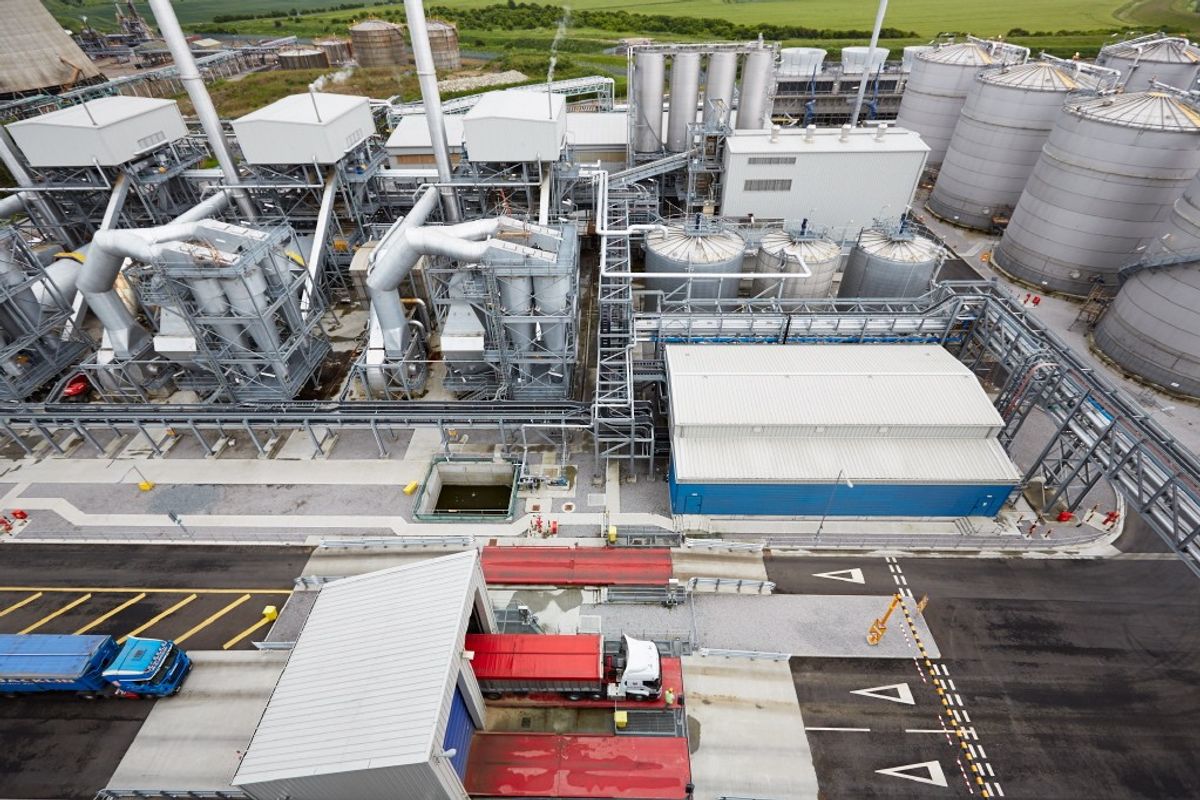- Associated British Foods announced it may close its bioethanol plant in Hull due to the impact of the US-UK trade deal.
- The company will begin consultation with employees while negotiating with the government for funding.
- Under the trade deal, UK tariffs on US ethanol will be eliminated, creating challenges for UK bioethanol producers
Associated British Foods said it would close the UK's largest bioethanol plant by September if the government does not provide support and funding, potentially the first victim of Britain's tariff deal with US president Donald Trump.
Under last month's trade deal, the UK's 19 per cent tariffs on US ethanol will fall to zero, through a 1.4 billion-litre quota - a figure equating to the size of the UK's entire ethanol market.
The possible closure would be an embarrassment for prime minister Keir Starmer who hailed the trade deal as a boost to businesses that would protect jobs and attract investment.
It also underscores how Trump's assault on trade is being felt around the world, with the closure set to affect the production of byproducts including animal feed and carbon dioxide, and British arable farmers which supply the industry.
Bioethanol is produced from crops such as wheat and is used to make petrol greener and to make sustainable aviation fuel. On Monday, Starmer's government launched its industrial strategy, promising to invest in the green economy.
Britain has two major bioethanol plants in northern England - AB Foods' Vivergo plant and one operated by Ensus, owned by Germany's Sudzucker Group - which account for nearly all of the UK's production capacity.
They have warned that the trade deal, along with existing regulations that give US producers an advantage in the British market, has made the environment impossible. The industry supports thousands of jobs.
Ensus, which has warned its Teesside plant also faces imminent closure, on Thursday welcomed the appointment of external advisers to work with the industry, and said it would work with the government "urgently".
Level the regulatory playing field
AB Foods said on Thursday it would begin consultations with employees for an orderly wind-down of its plant, while simultaneously continuing talks with the government, which it said is now committed to reaching "a sustainable solution".
It said it would cease all manufacturing before 13 September, its financial year-end, "unless the government is able to provide both short-term funding of Vivergo's losses and a longer-term solution."
Vivergo is one of Europe’s biggest bioethanol producers and the UK’s largest single-source supplier of animal feed. At full production, the plant can produce enough bioethanol – a low-carbon renewable transport fuel which is blended with petrol – to meet half of the UK’s current demand.
A spokesperson for the government said it was disappointed with AB Foods' announcement, having entered into negotiations with the company on financial support on Wednesday.
The government would "present a plan for a way forward that protects supply chains, jobs and livelihoods," the spokesperson added.
AB Foods wants the government to increase the amount of ethanol in UK petrol from 10 per cent to 15 per cent and support the development of sustainable aviation fuel.
It also wants the industry to have access to short-term financial aid of up to £150 million.
Britain's concession on ethanol was made in return for the removal of 25 per cent additional tariffs on steel and aluminium, and a quota of 100,000 cars at a duty of 10 per cent.
AB Foods, a diversified group with a range of food and ingredients businesses as well as clothing retailer Primark, produces a range of food, feeds, fuels and other products from sugar cane, sugar beet and wheat in Africa, the UK and Spain under its AB Sugar division.
Vivergo Fuels was initially formed in 2007 as a joint venture between AB Sugar, BP and Du Pont. In 2015 and 2017, AB Sugar respectively acquired BP and Du Pont’s share to become the sole shareholder.


